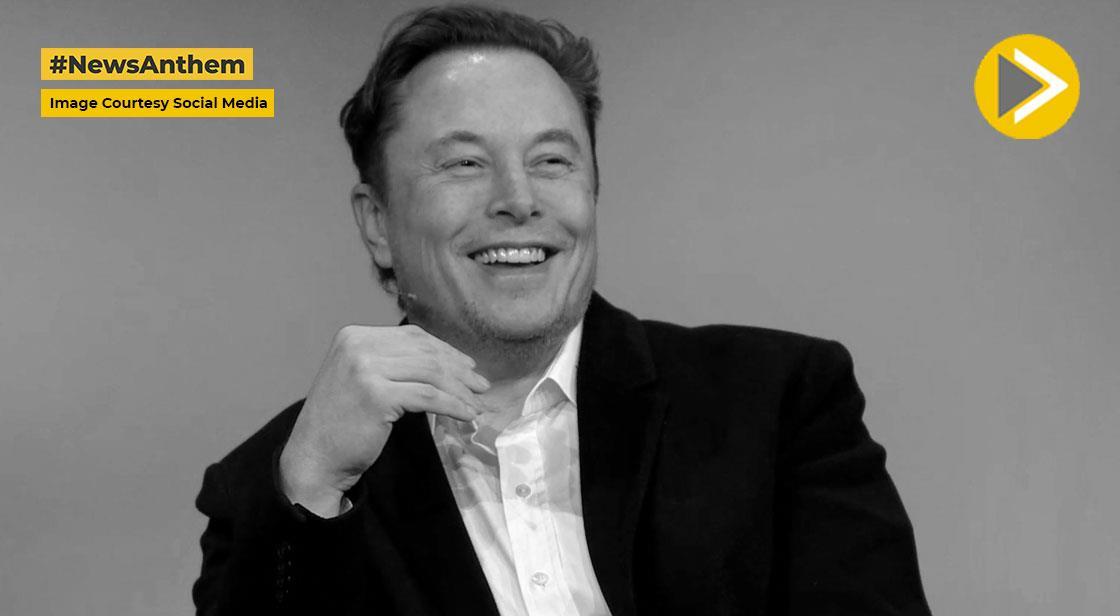India Orders X to Block 8,000+ Accounts; Elon Musk's Firm Calls It Censorship

News Synopsis
X, the platform owned by Elon Musk, confirmed that it has received executive orders from the Indian government to block more than 8,000 accounts within the country. These include accounts of international media outlets and notable users.
“To comply with the orders, we will withhold the specified accounts in India alone. We have begun that process,” X said via its Global Government Affairs handle.
The company noted it will restrict visibility only in India to avoid legal repercussions such as fines or imprisonment for its local staff.
X Complies But Labels the Move as Censorship
While adhering to the orders, X has voiced strong disagreement with the Indian government's directives.
“We disagree with the Indian government’s demands,” the company posted.
“Blocking entire accounts is not only unnecessary, it amounts to censorship of existing and future content.”
X reiterated that it is not in favor of the action, but the decision was made to continue operating within India and avoid further legal consequences.
Lack of Clarity and Transparency from Government
A key issue, according to X, is that the Indian government has not provided specific reasons or cited particular posts that allegedly violate local laws.
“In most cases, the Indian government has not specified which posts from an account have violated India's local laws,” X stated.
This lack of justification, it argues, limits the company’s ability to evaluate or contest the takedown orders fairly.
Push for Transparency Restricted by Law
Although X wants to disclose the details of the government’s blocking orders for the sake of accountability, it is legally prohibited from doing so.
“We believe that making these executive orders public is essential for transparency – lack of disclosure discourages accountability and can contribute to arbitrary decision making. However, due to legal restrictions, we are unable to publish the executive orders at this time,” the company said.
This has sparked debate about whether such orders should be made public in democracies to ensure transparency and fairness.
X Encourages Users to Seek Legal Relief
While X is exploring legal options, the platform admits that Indian laws limit its ability to challenge the orders directly.
“X is exploring all possible legal avenues available to the company. Unlike users located in India, X is restricted by Indian law in its ability to bring legal challenges against these executive orders,” X noted.
It has therefore urged impacted users to approach Indian courts:
“We encourage all users who are impacted by these blocking orders to seek appropriate relief from the courts.”
Conclusion
The standoff between X (formerly Twitter) and the Indian government underscores the growing tension between regulatory authority and digital free speech. While X has complied with executive orders to block over 8,000 accounts in India, it continues to oppose what it sees as a sweeping and non-transparent crackdown that lacks proper justification.
The platform’s limited legal options under Indian law have forced it to withhold these accounts only within the country, highlighting the legal complexities tech companies face in foreign jurisdictions. This case raises important questions about transparency, censorship, and user rights in a democracy.
While X urges impacted users to seek legal recourse, the incident may prompt wider discussions on reforming digital governance laws to ensure a balance between national security, misinformation control, and the fundamental right to expression.
As digital platforms become increasingly integral to public discourse, the demand for clarity and accountability in such actions will only grow.
You May Like









